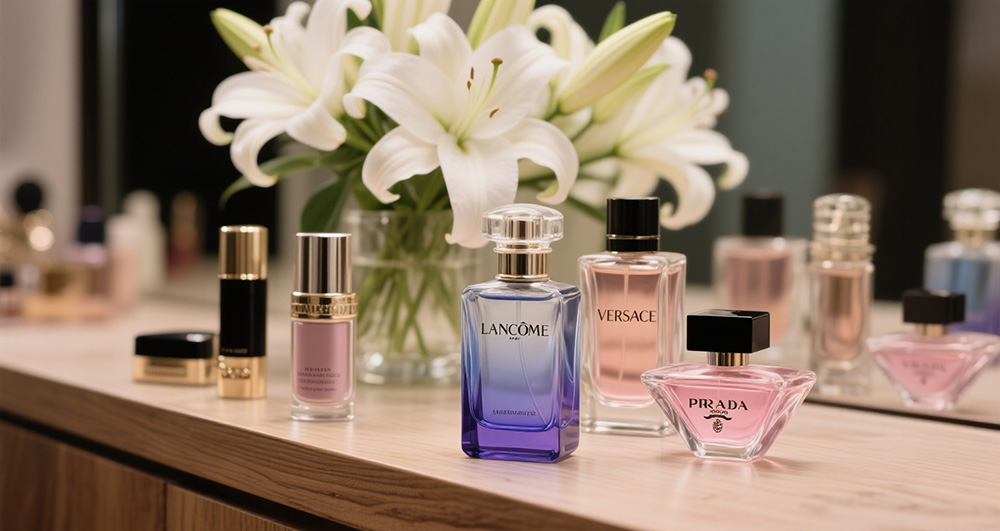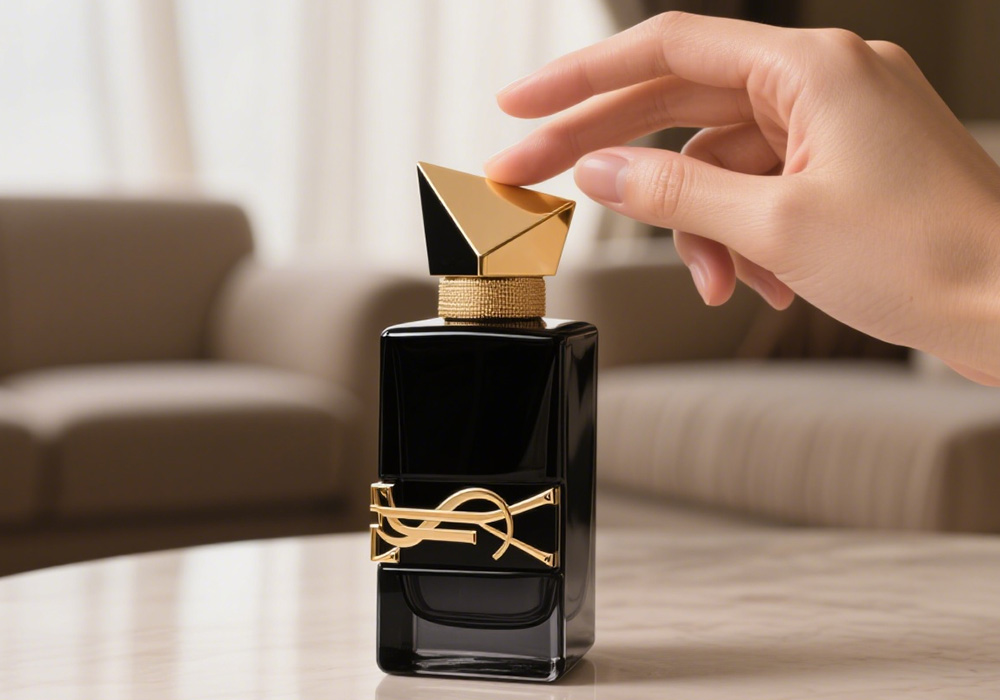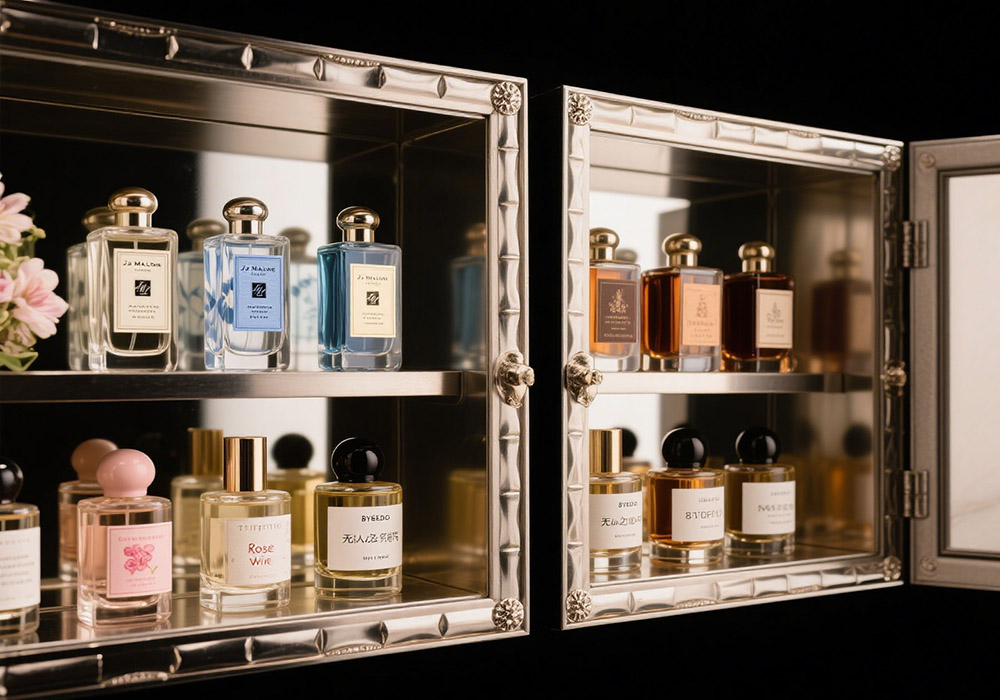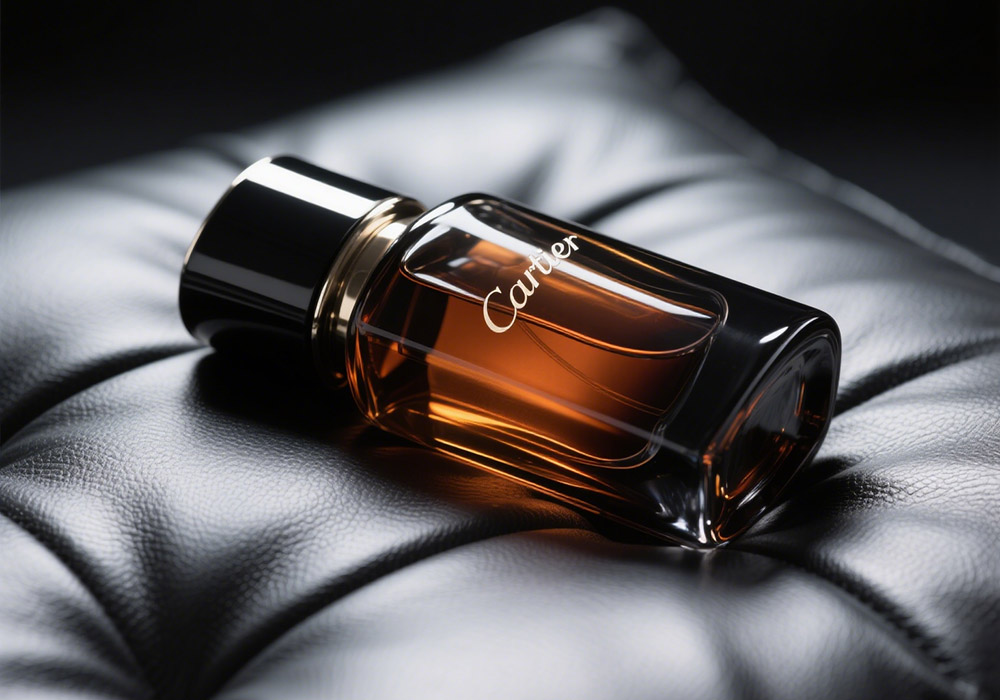How to Use Perfume, 6 Tips to Make the Scent Lasting
Perfume has long been an essential part of personal grooming, adding a touch of elegance and charm to one's overall presence. However, using perfume effectively and ensuring the scent lingers throughout the day requires some know - how. In this article, we'll explore six tips to make your perfume last, as well as other important aspects related to perfume usage.

6 Tips to Make the Scent Lasting
1. Choose the Right Application Points
The key to making your perfume last is to apply it to the right areas of your body. Pulse points, such as the wrists, behind the ears, the base of the neck, inside the elbows, and behind the knees, are ideal spots. These areas generate heat, which helps to diffuse the perfume and make the scent more noticeable. When you apply perfume to pulse points, the heat from your body warms the fragrance, causing it to evaporate slowly and release its aroma continuously. Another tip is to apply perfume to your hair, but be cautious if your hair is colored, as some perfumes may cause discoloration. You can also spray perfume onto a hairbrush and then brush your hair to distribute the scent evenly.
2. Layer Your Fragrances

3. Don't Rub the Perfume
A common mistake many people make is rubbing the perfume after applying it. Rubbing breaks down the fragrance molecules, causing the scent to fade more quickly. Instead, gently spray the perfume onto your skin and let it dry naturally. When you spray perfume, the fine mist evenly distributes the fragrance on your skin, and allowing it to dry without interference preserves the integrity of the scent. If you want to transfer some of the perfume to another area, such as from your wrist to your neck, simply touch the areas together rather than rubbing them.
4. Use the Right Amount
Applying too much perfume can be overwhelming, while too little may not be noticeable. The general rule of thumb is to spray the perfume from a distance of about 6 - 8 inches away from your body. One or two sprays on each pulse point should be sufficient. If you're using a perfume with a stronger concentration, such as an extrait de parfum, you may need even less. On the other hand, if you're in a more humid environment or plan to be out for a long time, you might consider a slightly heavier application. Experiment with different amounts to find what works best for you and the occasion.
5. Store Your Perfume Properly

6. Reapply Strategically
If you want the scent to last throughout the day, plan for strategic reapplication. Carry a small travel - sized bottle of your perfume with you. Reapply the perfume after activities that may cause you to sweat, such as exercise or a long day at work. However, be careful not to overdo it, as multiple heavy applications can make the scent too strong. A light spritz on your pulse points is usually enough to refresh the fragrance.
How to Preserve Perfume

As mentioned above, storage is a major factor in preserving perfume. But there's more to it. Avoid storing your perfume in the bathroom, as the high humidity and temperature fluctuations can damage the perfume. If you have a collection of perfumes, try to rotate them regularly. This ensures that each bottle is used before it has a chance to degrade. Additionally, if you notice that your perfume has changed in color, consistency, or scent, it may be a sign that it's starting to go bad, and it's best to stop using it.
When it comes to the actual packaging and filling of perfume, the quality of the process matters. A reliable Perfume Filling Machine plays a vital role in ensuring that the perfume is properly sealed and protected from external elements during the filling process. These machines are designed to handle different types of perfume bottles and ensure accurate filling levels, which also contributes to the overall preservation of the perfume's quality.
Is perfume harmful?

The topic of concern for some people is: is perfume harmful?Perfume is generally safe for most people when used as directed. However, there are some potential hazards to be aware of. Many perfumes contain alcohol, which can dry out the skin, especially if used excessively or on sensitive skin. Some people may also be allergic to certain ingredients in perfumes, such as synthetic fragrances, essential oils, or preservatives. Symptoms of a perfume allergy can range from mild skin irritation, such as redness, itching, and rashes, to more severe reactions like swelling of the face, lips, or tongue, difficulty breathing, and dizziness.
If you experience any signs of an allergic reaction after using perfume, stop using it immediately. Wash the affected area with mild soap and water to remove any remaining perfume. Apply a cold compress to reduce swelling and itching. If the symptoms persist or are severe, seek medical attention promptly. In some cases, your doctor may recommend allergy testing to determine the specific allergen causing the reaction.
Does Perfume Expire? What Are the Effects of Using Expired Perfume?

Does Perfume Expire is also a concern for most perfume lovers.The answer is yes, perfume does expire. The shelf life of perfume can vary depending on several factors, including the type of perfume, its ingredients, and how it's stored. Generally, eau de toilette has a shorter lifespan of about 2 - 3 years, while eau de parfum and extrait de parfum can last up to 5 - 10 years if stored properly.
Using expired perfume can have several effects. The scent of expired perfume may change significantly. It can become sour, musty, or lose its original notes. In addition to the unpleasant smell, expired perfume may also be less effective in terms of its staying power. The chemical composition of the perfume can break down over time, making the fragrance weaker and less long - lasting. More importantly, using expired perfume may increase the risk of skin irritation or allergic reactions, as the degradation of ingredients can lead to the formation of new substances that may be harmful to the skin.
In conclusion, using perfume effectively and safely requires a combination of proper application techniques, storage, and awareness of potential risks. By following these six tips and understanding the various aspects of perfume usage, you can enjoy your favorite scents to the fullest while keeping your skin healthy and the perfume in top condition.
